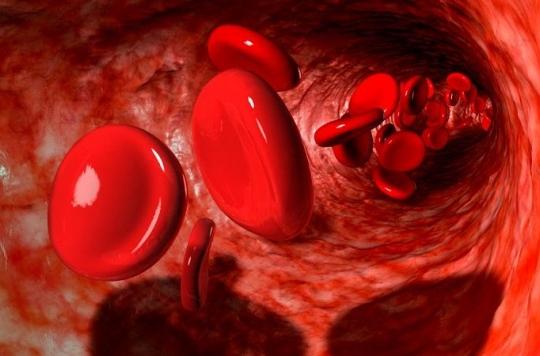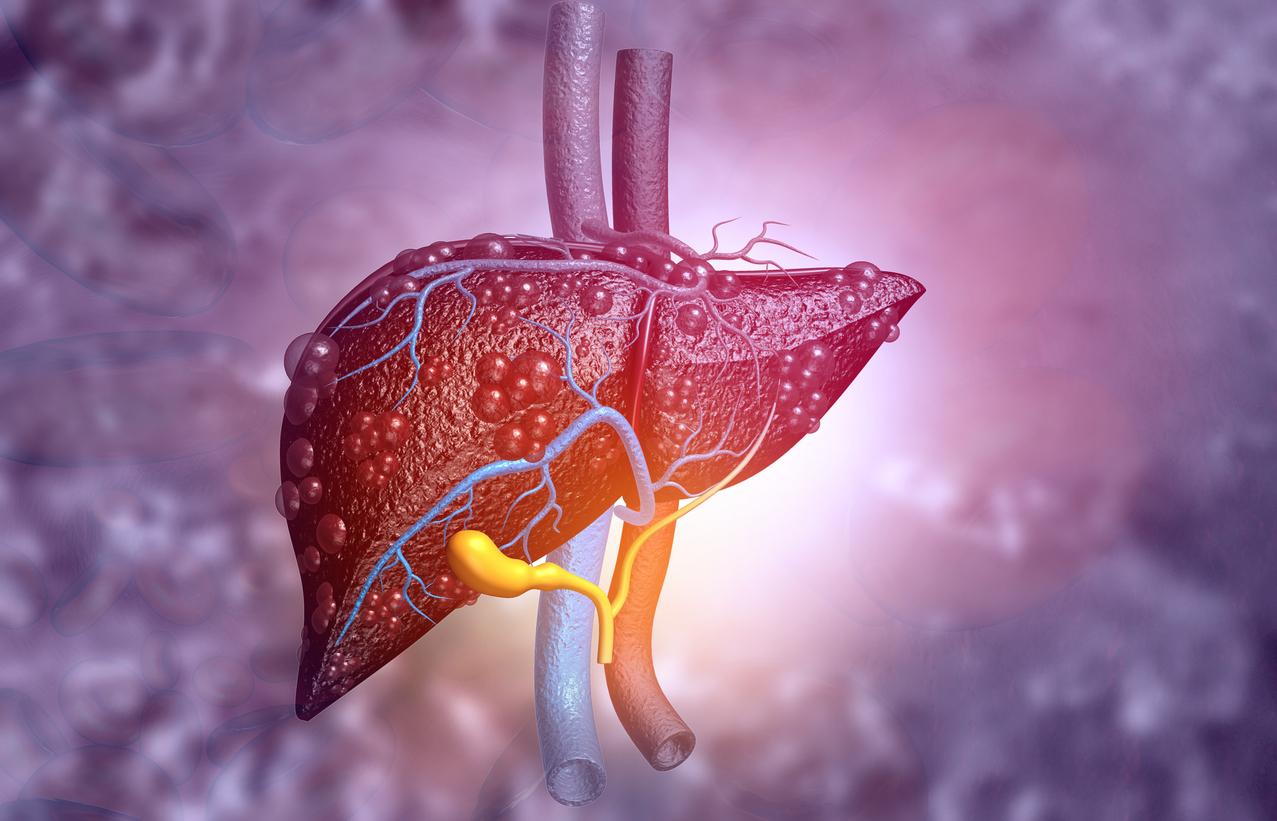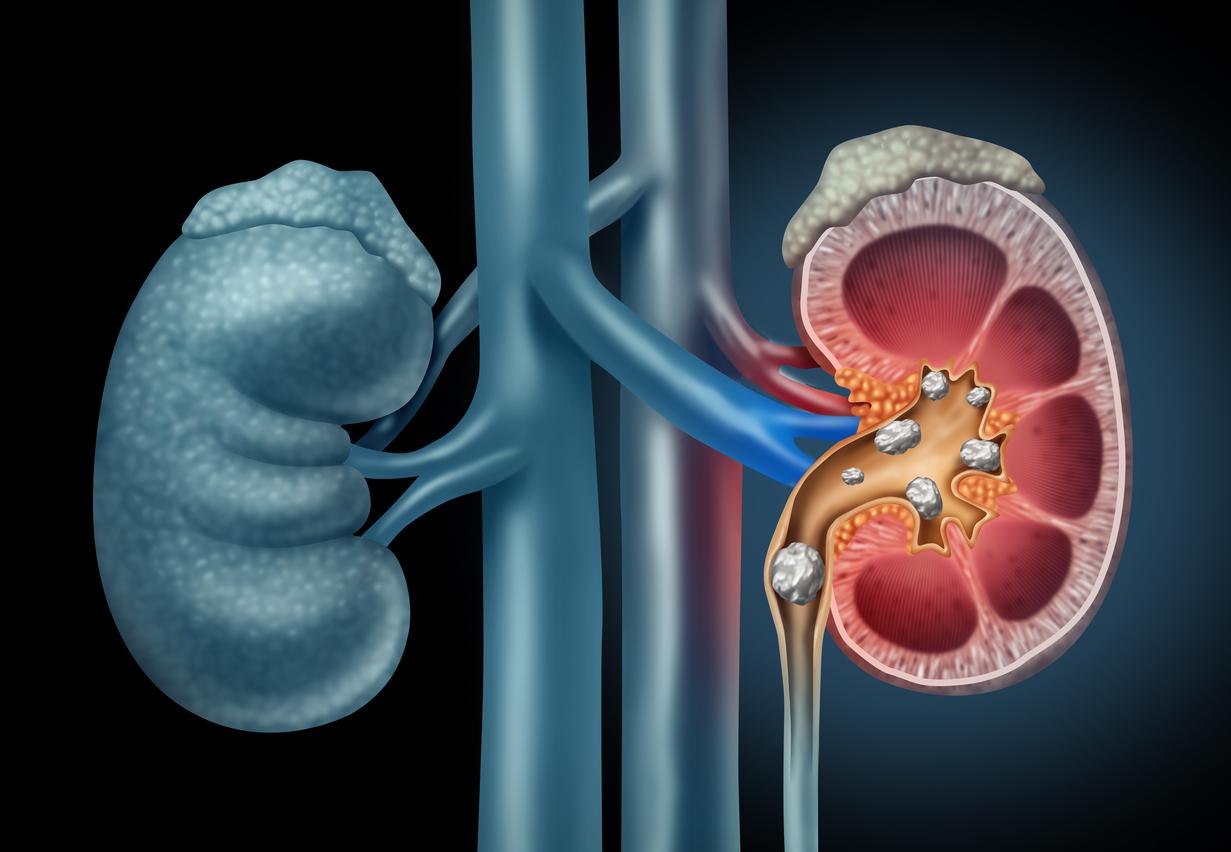Potassium regulates the rate of red blood cells, a finding that could help to understand, among other things, why heart attacks tend to occur in the morning.

Like us, red blood cells do not have the same activity during the day and at night. This rhythm, called the circadian rhythm, therefore alternates, over a period of 24 hours, between periods of wakefulness – during the day – and periods of sleep – at night.
In fact, other cells also have a 24-hour body clock. But the peculiarity of red blood cells is that they have no DNA, and therefore no what are called “clock genes”. In other words, no internal clock.
Until now, it was not known what regulates red blood cells. But for researchers at the universities of Surrey and Cambridge who published their study in the journal Nature Communication, this is potassium.
More potassium during the day, less at night
To arrive at these conclusions, the scientists used a completely new technique, dielectrophoresis. It makes it possible to study the electrochemical properties of human red blood cells and to draw an in-depth analysis of their functioning.
Thus, the researchers found that the level of potassium contained in the red blood cells changed according to the circadian rhythm. A higher rate during the day and a lower rate at night.
Hope for further research
For scientists, these results are promising. They will indeed serve as support for future studies, in particular to understand, for example, why heart attacks mainly occur in the morning.
The heart rate is also controlled by the internal clock, and therefore changes over the course of 24 hours of a day.
.
















